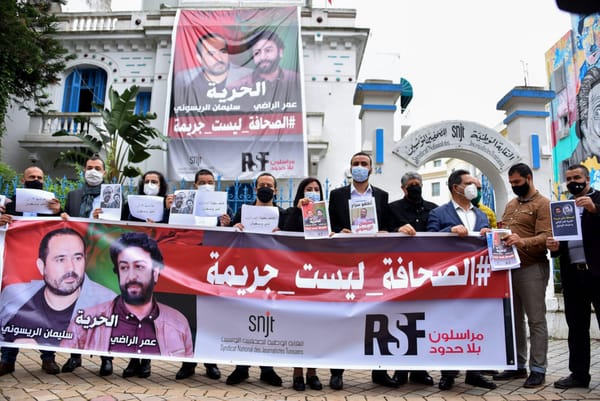

MER Article


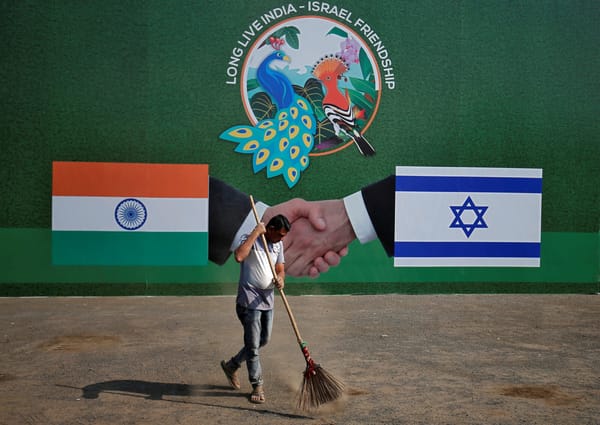
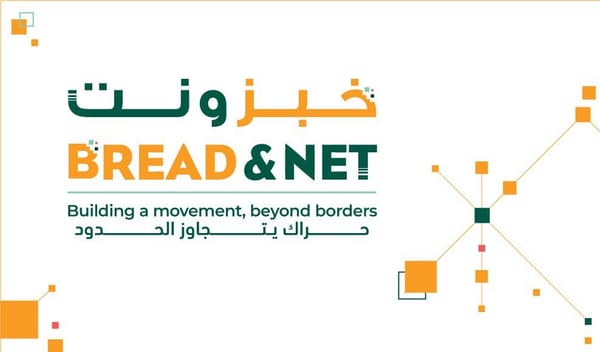

Issue 307/308 (Summer/Fall 2023) Masthead
Middle East Report, “Frontlines–Journalism and Activism in an Age of Transnational Repression,” Summer/Fall 2023, No. 307/308, Vol. 52 No. 2-3 Executive Director Mandy Terc mandyterc@merip.org Executive Editor Katie Natanel katienatanel@merip.org Managing Editor Marya Hannun maryahannun@merip.org Photo Editor Michelle Woodward mwoodward@merip.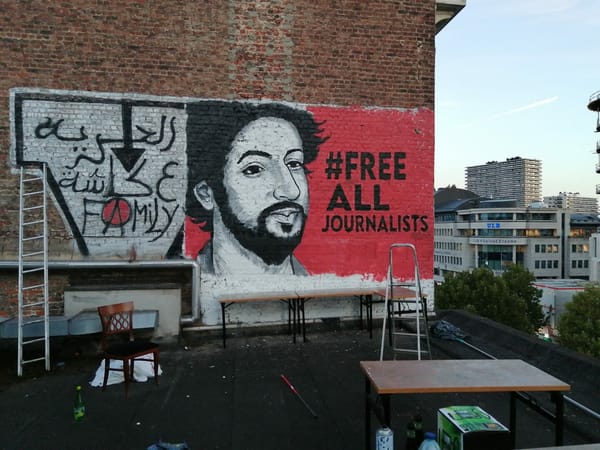
A Note on the Cover Image
The cover image for MER issue 307/308 features a mural of jailed Moroccan investigative journalist, Omar Radi. The words “Free All Journalists” are emblazoned next to him. Radi was first detained in Casablanca in December of 2019 for “insulting a judge”—a charge that was leveled against him based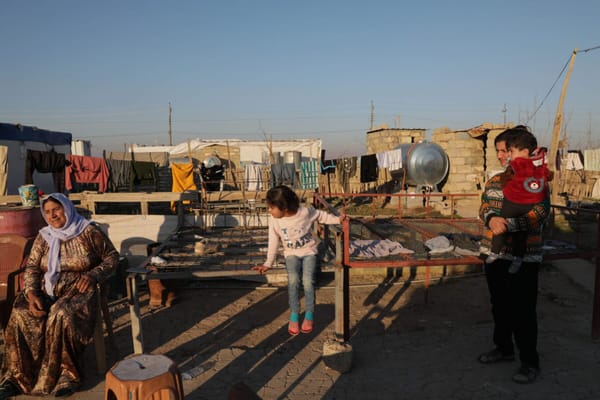
Perspective—Recognizing and Repairing the Harm to Iraq’s Minority Communities
As the Costs of War project has documented, the US invasion of Iraq and its aftermath (including interventions, the rise of militant groups and terror attacks) resulted in more than three hundred thousand deaths due to direct violence. Twenty years later, the knock-on effects of war on Iraq’s environmental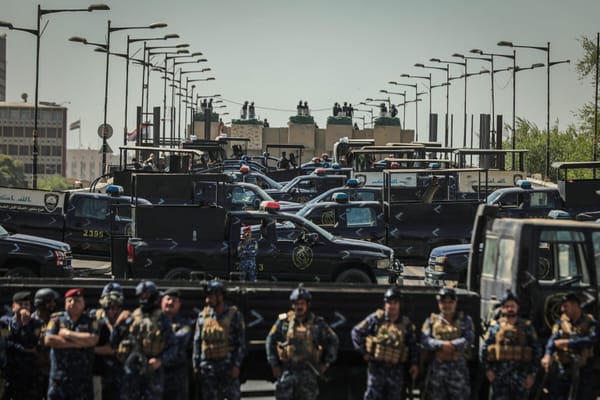
The Political Logic Behind Iraq’s Fragmented Armed Forces
On the cusp of losing power following a poor performance in the October 2021 election, Iraq’s Fateh Alliance and its Popular Mobilization Forces—a coalition of armed factions under the umbrella of the Iraqi state—sent protesters to occupy parts of Baghdad’s heavily fortified Green Zone. The winner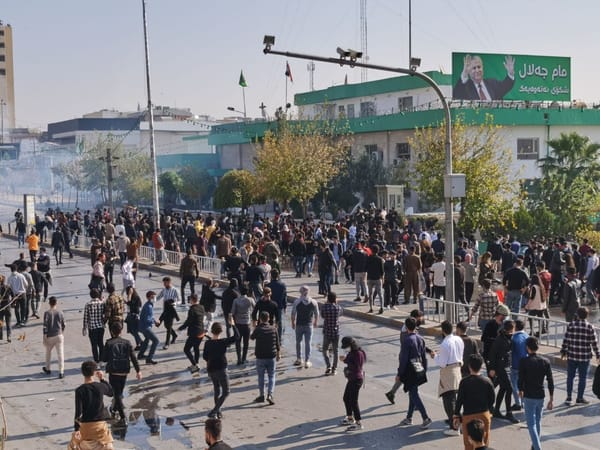
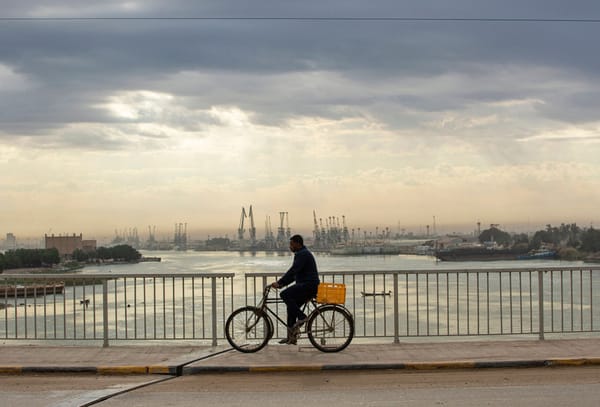
Two Decades of Uneven Federalism in Iraq
Transforming the centralized Iraqi state into a federal state was one of the most pressing political goals for the engineers and so-called nation builders behind the US invasion of Iraq in 2003. Proponents of federalism, like the Kurdistan Democratic Party (KDP) and the Patriotic Union of Kurdistan (PUK), saw it